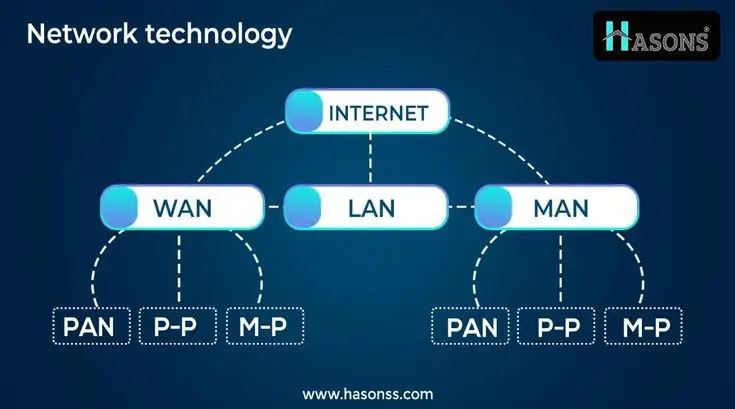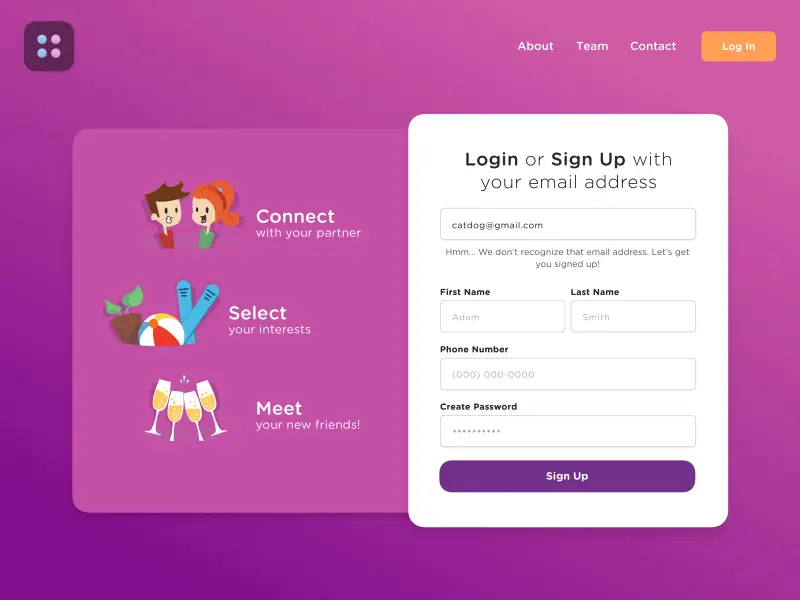
In today’s competitive business environment, ensuring the quality of software is crucial for success. QAAS Technology (Quality Assurance as a Service) is a cloud-based solution that provides businesses with flexible, scalable, and cost-effective quality assurance services. As more organizations transition to digital platforms, the demand for efficient and reliable software testing solutions is growing. In this blog, we’ll explore the top 5 benefits of QAAS technology for modern businesses and why it’s the future of software testing.
Table of Contents
What is QAAS Technology?
Quality Assurance as a Service (QAAS) is a cloud-based solution that provides businesses with on-demand access to quality assurance services. Instead of maintaining in-house QA teams and infrastructure, businesses can now leverage external providers who specialize in automated and manual testing. QAAS technology for Modern Businesses is especially beneficial for companies looking for a flexible, cost-effective, and scalable solution to software quality management.

Top 5 Benefits of QAAS Technology for Modern Businesses
1. Cost Efficiency
QAAS technology for Modern Businesses eliminates the need for maintaining an in-house quality assurance team, which can be both time-consuming and expensive. By outsourcing QA to a QAAS provider, businesses can significantly reduce operational costs while still ensuring the same (or higher) level of quality. The pay-as-you-go model allows businesses to only pay for the testing services they actually need.
2. Scalability and Flexibility
As your business grows, so do the demands on your software development and testing processes. With QAAS technology for Modern Businesses for Modern Businesses, you can easily scale up or down based on your needs without worrying about capacity limitations. Whether you need to run a small test or manage a full-scale product launch, QAAS technology for Modern Businesses provides the flexibility to adapt.
3. Faster Time-to-Market
Time is critical in today’s fast-paced business world. QAAS technology for Modern Businesses accelerates the software testing process by utilizing automation and efficient workflows. Faster testing means quicker feedback cycles, allowing you to detect and resolve issues earlier. This leads to shorter development cycles and quicker time-to-market for your products or updates.
4. Access to Specialized Expertise
QAAS providers often employ highly skilled QA professionals who specialize in various testing methodologies and tools. Businesses that adopt QAAS gain access to this pool of expertise without having to hire and train in-house testers. This ensures that your software is tested by industry experts, reducing the risk of errors and ensuring high-quality deliverables.
5. Continuous Testing and Monitoring
Modern businesses require continuous integration and continuous delivery (CI/CD) pipelines to remain competitive. QAAS integrates seamlessly with CI/CD, offering continuous testing and real-time monitoring. This ensures that any changes made to your software are immediately tested and validated, keeping your software quality high at all times.
3. How to Implement QAAS in Your Business
Implementing QAAS technology is straightforward, but it requires a strategic approach:
- Evaluate Your Needs: Understand which aspects of your business could benefit from outsourced QA services.
- Choose the Right Provider: Look for reputable QAAS providers with experience in your industry and expertise in the testing tools and methodologies you require.
- Integrate with Existing Systems: Ensure your QAAS solution can seamlessly integrate with your development environment and CI/CD pipeline.
- Monitor Performance: Continuously monitor the performance of the QAAS provider to ensure they are delivering the expected results.
4. Future of QAAS Technology in 2024 and Beyond
Looking ahead, QAAS technology for Modern Businesses will become even more sophisticated, with the introduction of advanced AI-driven testing tools, increased automation, and enhanced data security. As businesses continue to prioritize digital transformation, the demand for flexible, scalable, and efficient QA solutions will rise, making QAAS an essential component for software development.
5. Conclusion
QAAS Technology for Modern Businesses offers modern businesses a cost-effective, scalable, and flexible approach to quality assurance. By leveraging the top 5 benefits of QAAS—cost efficiency, scalability, faster time-to-market, specialized expertise, and continuous testing—businesses can improve software quality and reduce operational overhead. If your company is looking to streamline its testing processes, QAAS is the solution you need for 2024 and beyond.
- 5 Key Highlights from Inter Miami vs New York City Clash
- Newa for Home Skin Care: Transform Your Skin with This Easy-to-Use Device 2024
- New Amsterdam Vodka Stand : A Smooth Taste for Every Occasion
- New China Menu: Top Dishes You Must Try
- New Guinea Impatiens Care: Best Practices for Watering, Feeding, and Sunlight
FAQs: QAAS Technology for Modern Businesses
1. What is QAAS Technology?
QAAS (Quality Assurance as a Service) is a cloud-based solution that offers businesses on-demand access to quality assurance services, including software testing. Instead of maintaining an in-house QA team, companies can use external providers to handle both manual and automated testing, making it a cost-effective and scalable solution.
2. What are the benefits of QAAS technology ?
The top benefits of QAAS technology for businesses include:
- Cost Efficiency: Reduces the need for in-house QA teams and infrastructure.
- Scalability: Adapts to your growing testing needs.
- Faster Time-to-Market: Accelerates software release cycles through automated testing.
- Access to Expertise: Leverages industry experts for specialized testing.
- Continuous Testing: Integrates with CI/CD pipelines for ongoing quality assurance.
3. How does QAAS help in reducing costs?
With QAAS, businesses don’t need to invest in expensive testing infrastructure or hire full-time QA teams. Instead, they can pay for testing services as needed, which reduces both fixed and operational costs. This makes QAAS especially beneficial for startups and small businesses.
4. Can QAAS scale with my business growth?
Yes, QAAS technology is highly scalable. As your business grows and your software testing needs increase, you can easily scale QAAS services to accommodate larger or more complex projects without worrying about hiring more staff or expanding infrastructure.
5. How does QAAS improve software quality?
QAAS providers typically use a mix of automated and manual testing tools. They offer continuous testing and monitoring, ensuring that software is tested thoroughly at every stage of development. This reduces bugs, improves performance, and enhances overall software quality.
6. Is QAAS suitable for all industries?
Yes, QAAS can be used across a variety of industries including retail, healthcare, finance, and more. Any business that relies on software development can benefit from QAAS for maintaining and improving software quality.
7. How does QAAS integrate with CI/CD pipelines?
QAAS integrates seamlessly with CI/CD (Continuous Integration/Continuous Delivery) pipelines, allowing for automated testing as part of the software development process. This ensures that every code change is tested in real-time, making the software development cycle faster and more efficient.
8. What should I consider when choosing a QAAS provider?
When choosing a QAAS provider, consider their experience in your industry, the tools and methodologies they use, their flexibility in meeting your specific requirements, and the scalability of their services. It’s also important to assess their track record of delivering high-quality results.
9. Can QAAS improve the speed of software development?
Yes, QAAS can significantly speed up software development. With its automated testing capabilities and integration with CI/CD pipelines, QAAS helps detect issues early in the development process, reducing delays and ensuring faster time-to-market for software products.
10. What is the future of QAAS technology?
The future of QAAS lies in greater automation, AI-driven testing tools, and enhanced cybersecurity. As businesses continue to focus on digital transformation, QAAS will become more critical, offering businesses an efficient way to ensure software quality at every stage of development.








